What a stimulating experience – the 2014 National Writing Project Annual Meeting and the National Council of Teachers of English Convention in Washington DC. So many great sessions. So many excellent ideas to take back to the Chippewa River Writing Project and my classroom. The only drawback to conferences of this size and scope is idea overload, so I’ll chat here about only the best of the best that I attended.
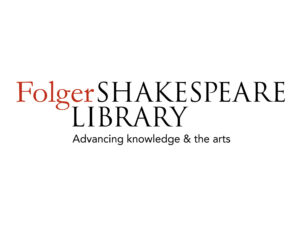
For all of us who expose our secondary classrooms to Shakespeare, the Folger Shakespeare Library sessions are an excellent source of inspiration. The session I attended demonstrated one way to introduce a play to students totally unfamiliar with Shakespeare’s language. In this live demonstration typical 9th graders from a local Washington DC high school read a short Shakespeare text four times. The teaching takeaway is to have students read aloud a short section of uncomplicated script several times, emphasizing a different element with each read-through. Students change characters, with every student having the opportunity to read at least once. When emphasizing unfamiliar vocabulary, students circle words as they encounter them and a discussion of meanings takes place afterward. This is especially helpful when encountering the many references to Greek mythology having archaic spelling, which Shakespeare often employs. Reading to the punctuation is always insightful to students. When the demonstration group was asked afterwards about their experience, many said that Shakespeare was easier to understand than they had expected. That response is certainly what any teacher of Shakespeare’s plays desires. This year, I have been contemplating how best to elucidate Hamlet to my 10th grade class which has a larger-than-normal population of academically challenged students. Using this technique of re-reading a short, uncomplicated passage and Folger’s 15-Minute Hamlet text, I believe all of my students will have a successful Shakespeare experience.
![Map of the World as created by the Central Intelligence Agency. [Public domain], via Wikimedia Commons](https://chippewariverwp.org/wp-content/uploads/2015/02/512px-Map_of_the_world_1998-300x169.jpg)
![The Pawtuxet River in Rhode Island. Image by Marcbela (Own work) [Public domain], via Wikimedia Commons](https://chippewariverwp.org/wp-content/uploads/2015/02/Pawtuxet-River-300x204.jpg)
Again, with “Story as the Landscapes of Knowing” as the theme for the 2014 national conference, I was reminded of the power of narratives in our lives. Since I truly believe that fiction should not take a back seat to nonfiction, unlike what is emphasized in the CCSS, I was pleased to see the focus on fiction narratives in many of the NWP and NCTE sessions. The three sessions outlined above offered perspectives through an innovative lens that I could take back to my classroom and implement this year, as well as resources for the CRWP. Talk about refreshment and renewal! This pair of conferences offers both to the intrepid Language Arts teacher, providing me with many stories about teaching that I can take back to my own students and colleagues.
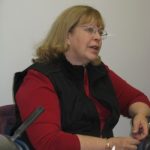 Deborah Meister is a high school language arts teacher at Fellowship Baptist Academy in Carson City, MI, and a Teacher Consultant at the Chippewa River Writing Project. She has co-directed the CRWP Middle School Writing and Technology Camp for the past three summers at Central Michigan University with author Jeremy Hyler.
Deborah Meister is a high school language arts teacher at Fellowship Baptist Academy in Carson City, MI, and a Teacher Consultant at the Chippewa River Writing Project. She has co-directed the CRWP Middle School Writing and Technology Camp for the past three summers at Central Michigan University with author Jeremy Hyler.

This work is licensed under a Creative Commons Attribution-NonCommercial-ShareAlike 4.0 International License.
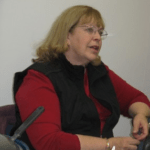
Deborah Meister
Deborah Meister is a high school language arts teacher at Fellowship Baptist Academy in Carson City, MI, and a Teacher Consultant at the Chippewa River Writing Project. She co-directed the CRWP Middle School Writing and Technology Camp for three summers at Central Michigan University with author Jeremy Hyler. She has presented on various writing topics with Dr. Liz Brockman, Kathy Kurtze and Janet Neyer at the NWP Midwest Conference, and the National Council of Teachers of English Conference. Her work has also been published in the Language Arts Journal of Michigan.
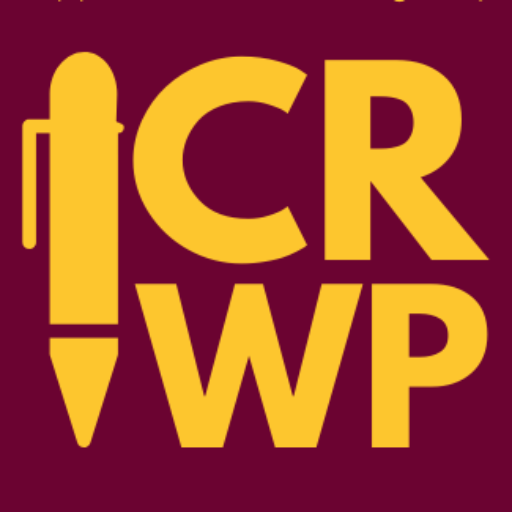
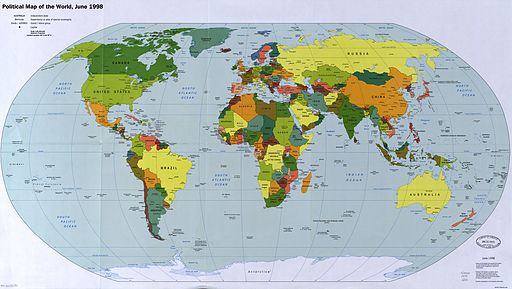
Leave a Reply
You must be logged in to post a comment.